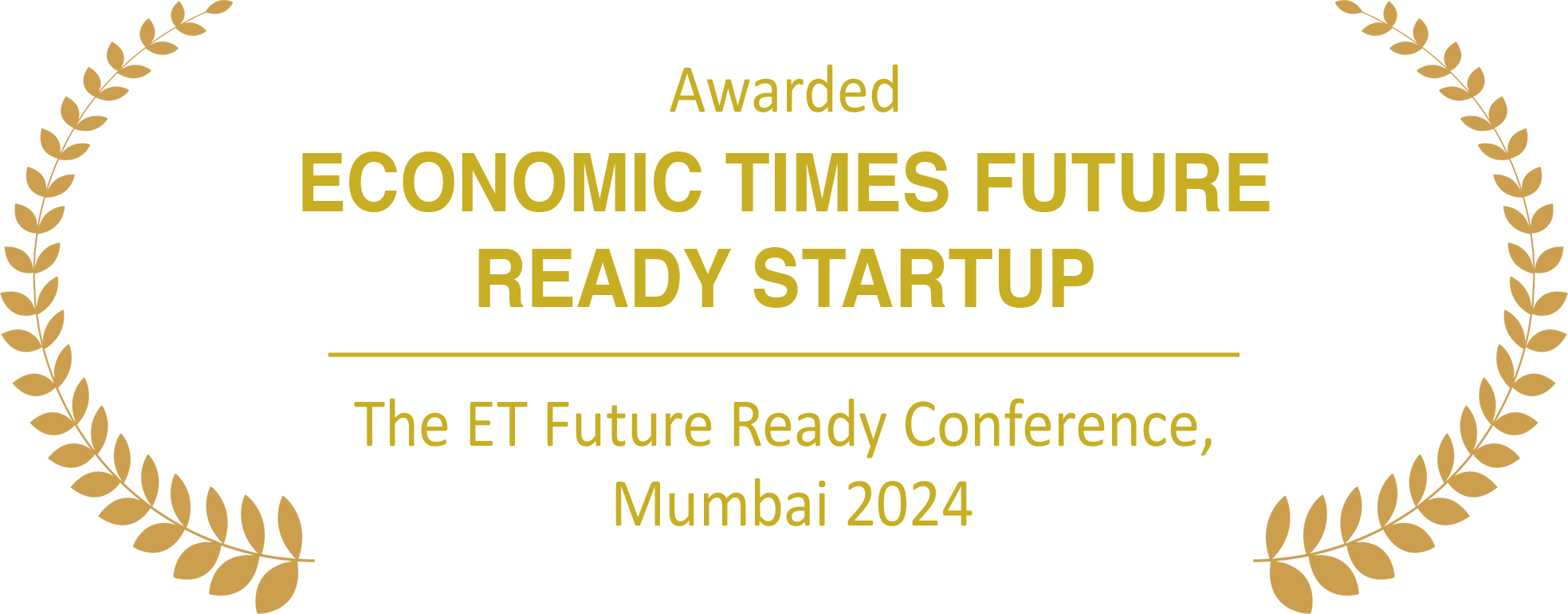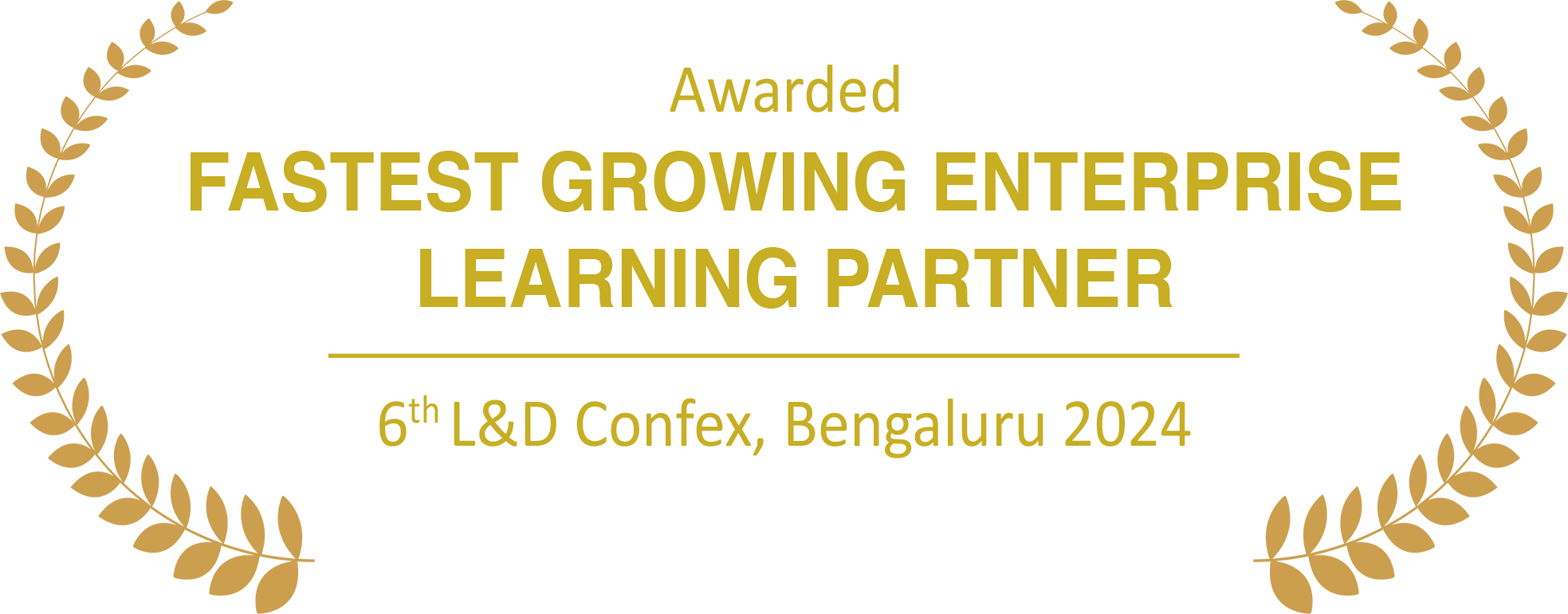
Overview
This course offers a comprehensive understanding of localization algorithms used in autonomous driving. Participants will gain hands-on experience with state estimation techniques, sensor fusion methods, and advanced localization algorithms such as Kalman Filters (KF, EKF, UKF), lidar-based localization, and particle filters. The course emphasizes practical applications, enabling learners to develop and implement effective localization solutions for self-driving cars.

Objectives
By the end of this course, leaner will be able to:
-
Understand the role and challenges of localization in autonomous driving
-
Apply state estimation techniques and sensor fusion for accurate localization
-
Implement Kalman Filter variants (KF, EKF, UKF) for state estimation
-
Develop lidar-based localization algorithms using point cloud processing
-
Implement particle filter localization for robust performance
-
Perform coordinate transformations and sensor data fusion
-
Evaluate and compare the performance of different localization algorithms

Prerequisites
-
Python Basics
-
Machine Learning (ML) Fundamentals
-
Modern C++

Course Outline
-
Importance of localization in autonomous driving
-
Global and local localization methods
-
Sensor systems: GPS, IMU, lidar, cameras, wheel odometry
-
Challenges in localization: sensor noise, environmental factors, GPS outages
-
Overview of state estimation and sensor fusion concepts
-
Coordinate transformations and rotation matrices
-
Practical exercise: Performing basic coordinate transformations using Python
-
Introduction to Bayesian filtering for state estimation
-
Markov process and Hidden Markov Models (HMM)
-
Recursive Bayesian estimation and its applications
-
Practical exercise: Implementing state estimation algorithms using Python
-
Understanding the Linear Kalman Filter algorithm
-
State prediction and measurement update steps
-
Kalman Filter implementation for localization
-
Analysis of KF assumptions and limitations
-
Practical exercise: Implementing KF for vehicle tracking using simulated GPS and IMU data
-
Managing nonlinearity using EKF and UKF
-
EKF linearization and Jacobian matrix calculations
-
UKF sigma point generation for accurate state estimation
-
Comparison of KF, EKF, and UKF performance
-
Practical exercise: Implementing EKF and UKF for localization in nonlinear scenarios
-
Point cloud processing techniques for lidar localization
-
Point cloud registration and alignment using ICP and NDT algorithms
-
Lidar-based Simultaneous Localization and Mapping (SLAM)
-
Practical exercise: Implementing lidar localization using simulated point cloud data
-
Understanding particle filter algorithms for localization
-
Importance sampling and resampling methods
-
Particle filter implementation for robust localization
-
Comparison of particle filter and Kalman filter approaches
-
Practical exercise: Implementing particle filter localization with sensor noise and occlusions

 Projects
Projects Assignments
Assignments






